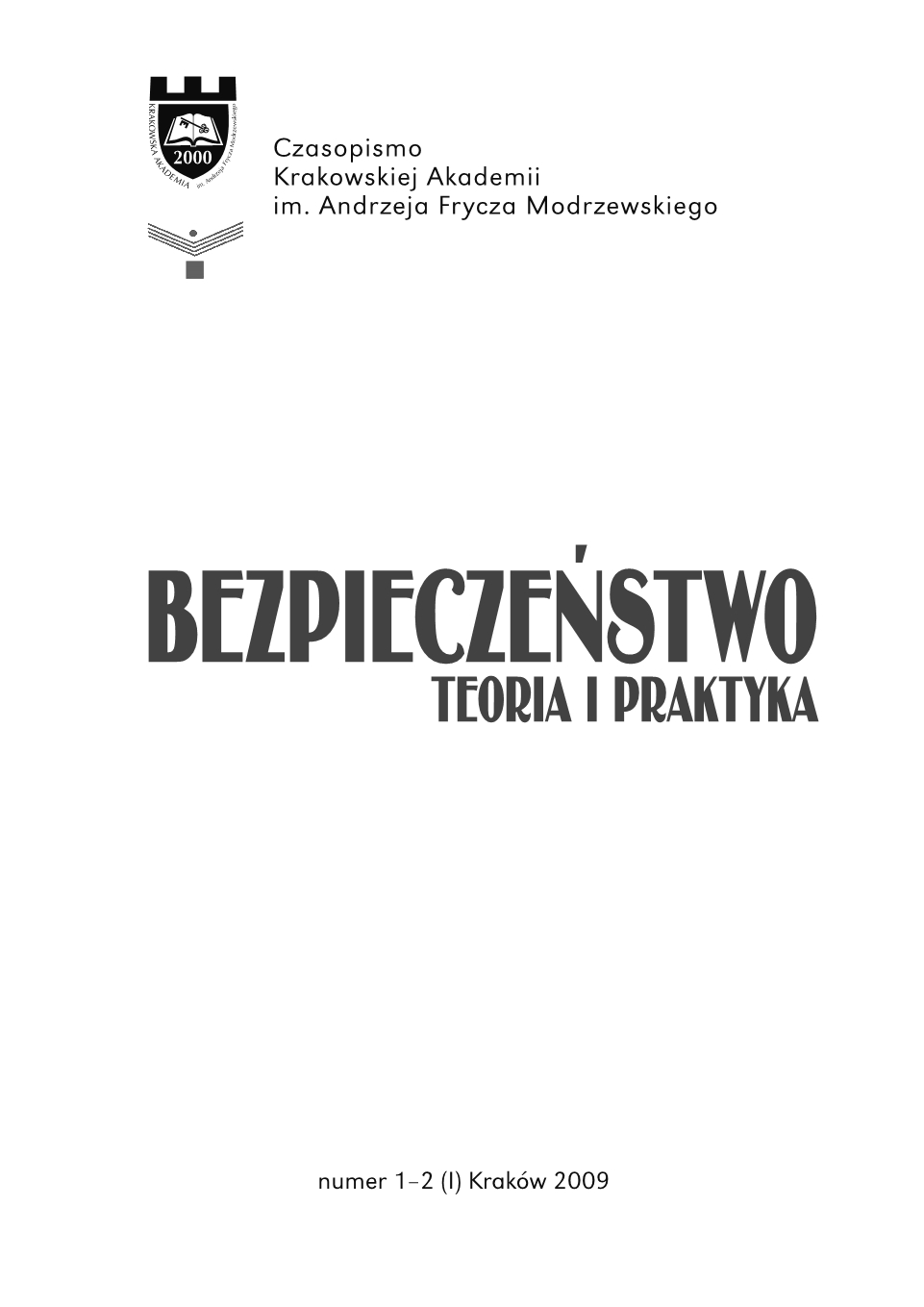Kontrola rozmów telefonicznych jako czynność procesowa
Monitoring telephone conversations as a procedural activity
Author(s): Piotr KosmatySubject(s): Criminal Law, Human Rights and Humanitarian Law, Communication studies, Criminology, Court case
Published by: Oficyna Wydawnicza AFM Uniwersytetu Andrzeja Frycza Modrzewskiego w Krakowie
Summary/Abstract: This article analyzes the regulations of so-called interception process that can be used by the prosecutor or court after preparatory proceedings have been initiated. Procedural phone tapping, despite some shortcomings, respects the principles of a democratic state of law designated by the European Convention on Human Rights and Fundamental Freedoms, the International Covenant on Civil and Political Rights and the Constitution of the Republic of Poland. The decision on its application was put into the hands of an independent court. Application of this method of gathering evidence was limited to a closed circle of the offences listed exhaustively. There are precisely defined time frames within which phone tapping can be carried out, providing that the operation may take up to six months. Such a solution can in practice lead to complications in effective gathering of evidence, but it clearly constitutes a strong guarantee against the use of so-called excessive phone tapping. What was also stipulated was the personal scope of application of phone tapping. The comments on how phone tapping in Polish criminal law operates indicate that the current solution, despite shortcomings, is trying to secure the possibility of acquiring evidence, while following the constitutional right to respect freedom and secrecy of communication.
Journal: Bezpieczeństwo. Teoria i Praktyka
- Issue Year: I/2009
- Issue No: 1-2
- Page Range: 125-135
- Page Count: 11
- Language: Polish

